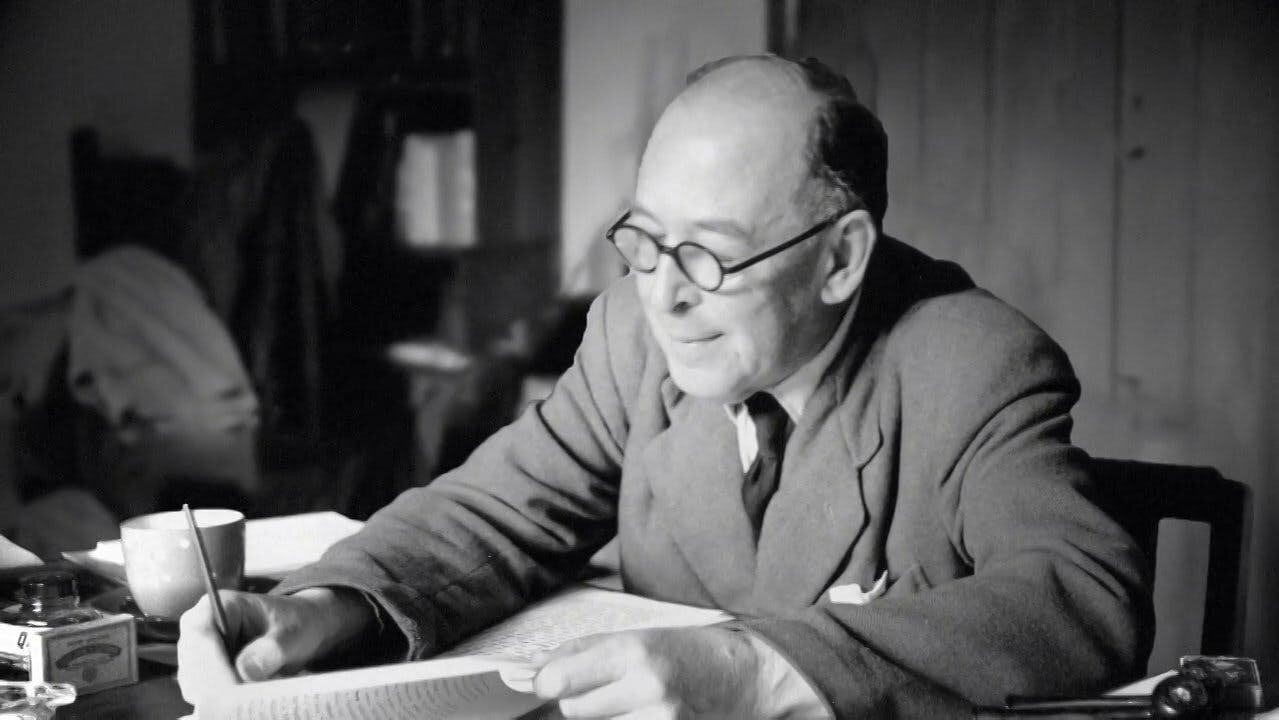Two more thoughts, which are really one thought, in my ongoing meditations about the baleful influence of news media on our culture and our minds.
First, I have returned several times to this post from Alan Jacobs, written in the aftermath of the riots on Capitol Hill. Jacobs begins by noting two facts:
During a crisis one turns instinctively and desperately to the internet for news;
During a crisis the worst thing one can do is turn to the internet for news.
Jacobs notes that with something as (seemingly) monumental as those riots going on, it is natural and understandable that so many people tried to keep track of it in real time. However:
But you know what? It did me no good. I got mixed messages, unreliable reports, rapidly changing stories; and I heard repeatedly from fools and knaves. If I had waited a day, or two days, or three, I wouldn’t have had all the emotional upheaval and I wouldn’t have missed anything significant. What possible difference could it make to me to learn about the Capitol Disgrace on Wednesday or on the following Monday (which is my usual news-reading day)? The only answer: None. None at all.
Instantly available information is often bad information. Which brings me to a possible partial solution—friction.
Last year on his blog, novelist Robin Sloane wrote that “Browsing Twitter the other day, I once again found myself sucked into a far-off event that truly does not matter, and it occurred to me that social media is an orthographic camera.” This refers to a system of 3D projection that renders objects the same size regardless of their distance from the viewer. Social media functionally “standardiz[es] all events, no matter how big or small, delightful or traumatic, to fit the same mashed-together timeline.” By contrast:
Before electronic media, news was attenuated by the friction and delay of transmission and reproduction. When it arrived on your doorstep, a report of a far-off event had an “amplitude” that helped you judge whether or not it mattered to you and/or the world.
That’s not the case with social media, where even tiny, distant events are reproduced “at full size” on your screen. This has been true of electronic media for a long time—I’m thinking of all the local TV news broadcasts that have opened with the day’s grisliest murder—but/and there was, before social media, at least an argument that it was important to have good “news judgment” if you were responsible for putting events on screens, particularly at the highest levels.
Indeed, working out the relative importance of events was, and is, a big part of what newsrooms do. The front page of a print newspaper was, and is, the tangible result: its allocation of paper and ink to different stories a direct and costly indication of their relative weight.
Note the roles of distance, elapsed time, and judgment required here. All forms of friction that can scour away the useless, the trivial, and the merely controversial.
Compare my thoughts on a very different social media flap from two years ago here, or the line from Neil Postman that I’ve been invoking since I first started these reflections shortly thereafter. After the invention of the telegraph and its capacity for the near-instantaneous relay of news, “the whole world became the context for news. Everything became everyone’s business. For the first time, we were sent information which answered no question we had asked, and which, in any case, did not permit the right of reply.” The result? “[W]e have here a great loop of impotence: The news elicits from you a variety of opinions about which you can do nothing except to offer them as more news, about which you can do nothing.”
Sloan offers two helpful thoughts in conclusion, the most helpful being a set of questions we could constantly and deliberately ask ourselves as we take in items presented to us as news:
I think a practical and healthy thing that any user of social media can do when confronted with a free-floating cube of news is ask: how big is this, really? Does it matter to me and my community? Does it, in fact, matter anywhere except the particular place it happened? Sometimes, the answer is absolutely yes, but not always—and these platform[s] don’t make it easy to judge.
Restore a bit of friction to your news consumption—most of all, give it time—and see what burns away.
I wrote about the news and our consumption of it earlier this year here and here. I discovered Sloane’s excellent post (read the whole thing when you can) via this article from The Hedgehog Review, which offers an interesting application of friction to our own writing. And I’m fixing to read a specifically theological examination of these issues in Jeffrey Bilbro’s Reading the Times: A Literary and Theological Inquiry into the News, a book I’ve been looking forward to for some time. Should be worth your while if you’re interested in this topic, too.









